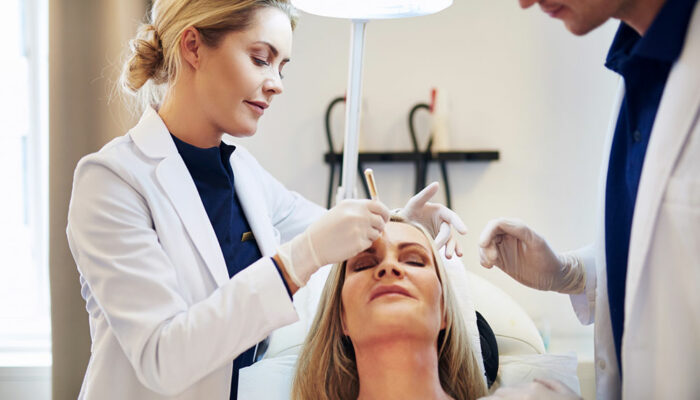
3 Lifestyle Tips to Manage ADHD Without Medication
Genetic factors greatly influence attention deficit hyperactivity disorder (ADHD). However, the environment also has a significant role to play when it comes to mental disorders. Through positive changes in lifestyle, you can manage the symptoms of ADHD so that it does not affect your daily life. There are also many medications to treat ADHD such as Concerta, Dyanavel XR, Ritalin, Adderall, Vyvanase.
Here are a few lifestyle tips for managing ADHD:
- Optimize the environment
An optimal environment often helps to control the symptoms of ADHD, especially in children. Here are a few ways in which you can ensure a healthy environment for your child.- Decorate and organize your child’s room in a simple manner so that it does not contain too many distractions
- Establish strict routines for all daily activities, such as meals, exercise, and bedtime.
- Set a consistent pattern for discipline and ensure that all other caregivers follow the same pattern.
- Divide the child’s time equally among indoor and outdoor activities.
- Praise positive behavior and reinforce it with a reward.
- Join a support group with other children who have ADHD or similar conditions.
- Make changes in the diet
Studies show that Omega-3 fatty acids have several positive effects on your brain functioning, along with other nutrients like vitamin D, iron, and zinc, which improve concentration, increase attention span, and help in impulse control. Here are a few recommended dietary changes to reduce the symptoms of ADHD if you or your kid has this disorder:- Reduce the intake of sugar, simple carbohydrates, gluten, and artificial additives that can act as triggers for ADHD.
- Eliminate caffeine from the diet of children by stopping the consumption of coffee, caffeinated soft drinks, and energy drinks for reducing incidences of hyperactivity.
- Consume foods rich in omega-3 fatty acids like chia seeds, flax seeds, canola oil, and olive oil to improve brain functioning.
- Increase your consumption of micronutrients like zinc and iron
- Improve the sleeping habit
Getting adequate sleep at night can have several positive impacts on the health of people with ADHD. However, ADHD makes it very difficult for people to sleep peacefully at night, which affects their brain functions throughout the day. Here are a few lifestyle tips for managing ADHD-related sleep issues for adults and children:- Reduce your screen time, especially before going to bed; the blue light emitted by TV screens, laptops, and smartphones may have a detrimental effect on your sleep and may keep you awake for hours.
- Buy a device with a blue-light filter or download an app that serves a similar function if you have to be in front of a screen at night.
- Establish a sleep routine that lasts for 30 to 60 minutes within which your child may peacefully drift off to sleep; the method may include taking a bath, reading a story, or other actions that will help your child relax
ADHD can be challenging to handle . However, following a few useful lifestyle tips to manage ADHD can make it easier to deal with the symptoms.



